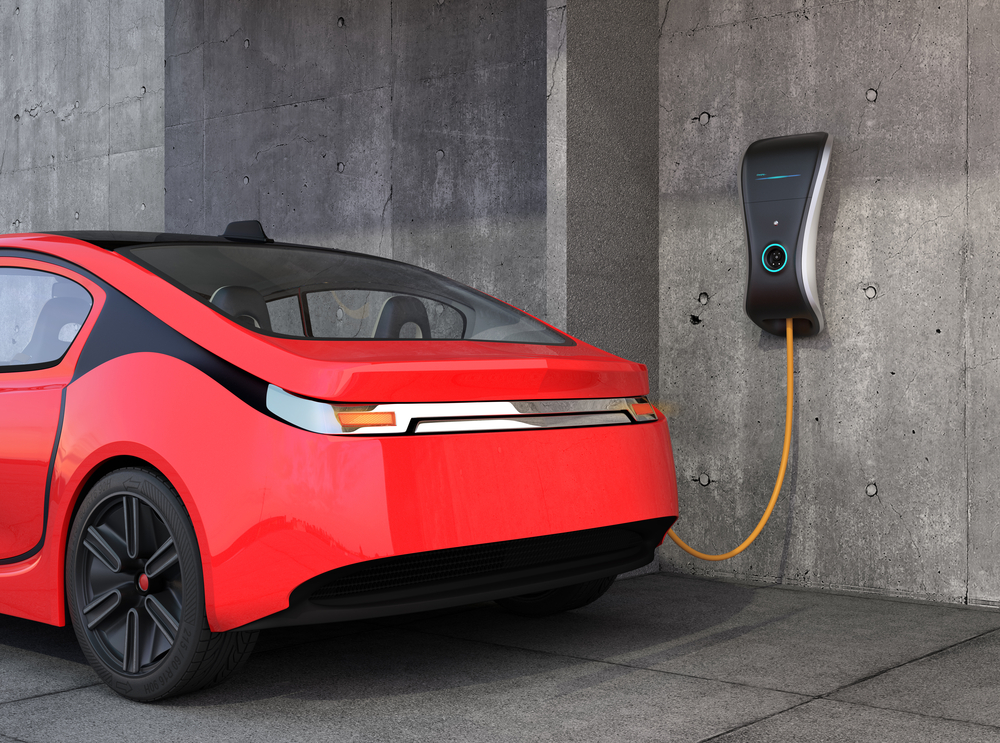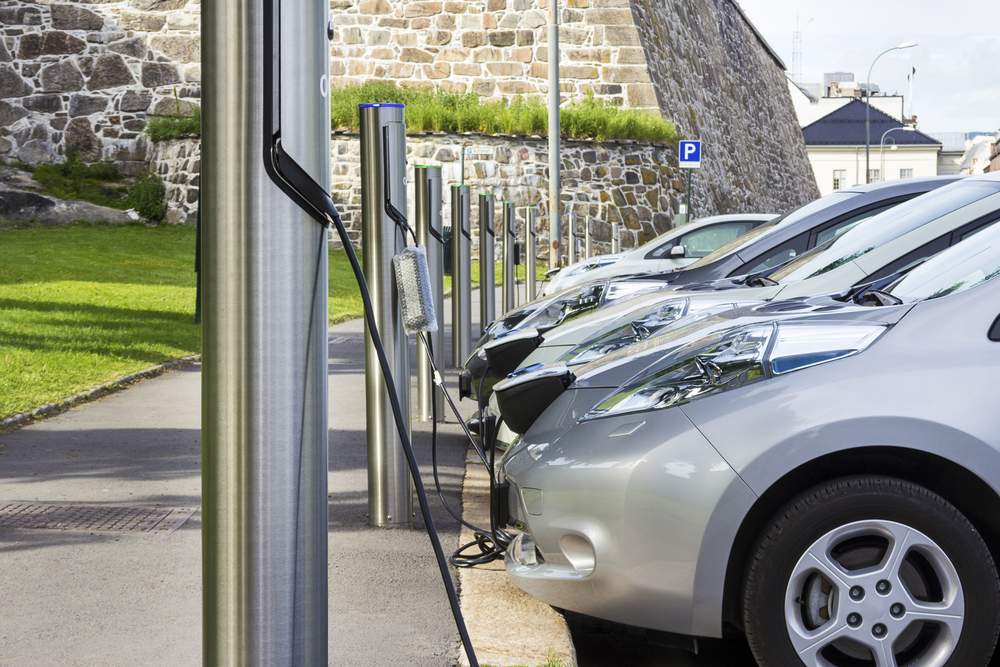How Much Does it Cost to Charge an Electric Car?
The popularity of electric vehicles has surged as many Americans gravitate to an environmentally cleaner option to fossil fuels in an effort to decrease their energy footprint.
Electric cars also give consumers the privilege of skipping the ever-changing price at the pump, and this perk also may have electrified the appeal of these ‘plugged-in’ automobiles.
While electric cars can be cheaper because of the fossil fuel savings, they still incur operating costs in the form of another energy source. Just like the price of gasoline, electricity rates may vary from region to region. How much does it cost to charge an electric car?
According to Plug In America, the price to charge an electric vehicle depends on the type of vehicle, how much you drive, and, of course, utility rates.

How Much Does It Cost to Drive an Electric Car Per Month?
The price of charging an electric car depends on the price of electricity in your area, how often you need to charge your car and the type of car you own. Some electric cars may require a longer charge, and this adds to the cost.
You’ll also need to create a charging station at home to ensure that you don’t need to rely on the availability of external stations for all your electrical needs. Some areas might not offer many charging stations, while in other regions these stations may be plentiful.
The Department of Energy states that you must follow all state, federal and local mandates when installing equipment at home to charge your vehicle; the DoE also notes that you also may need to secure permits where you live. Curious about codes? Visit the Department of Energy’s Alternative Fuel Data Center.
How much will you pay to charge your vehicle at home? Again, the price of the charge will be dependent on your vehicle, and the price of electricity (kW/h) in your area.
According to Edmunds, while gas-powered vehicles are measured in miles per gallon, electric cars adhere to kilowatt hours per 100 miles. Edmunds explains that figuring out the price at the electric charging station requires multiplying the kilowatt-hours per 100 miles by the electricity rate.
Different models of electric cars may boast different kilowatt-hours per 100 miles. This is an important figure that buyers need to review before making a purchase.
How Long Does It Take to Charge an Electric Car at a Charging Station?
The price of electricity is measured in kilowatts per hour, so how long does it take to charge an electric car at a charging station?
How long it takes to charge your car depends on the car. For a full charge, some vehicles may simply take longer to charge. Does this mean that the car is less of a cost saver? Not necessarily. Even if a vehicle takes longer to charge than another model, you may drive less or the car could offer a better kilowatt-hours per 100 miles (lower is better!).
According to Top Gear, though, the Tesla Model 3 is the most efficient for charging time; in fact, this model is “the fastest charging car in the world!”

Are Public Charging Stations Free?
If your car is in need of a recharge while you’re out, many regions offer public charging stations. This is a bit like the electric equivalent of the gas station. What’s the price of these re-charging stations; is there a set rate?
According to PluginCars, many of these stations can vary in what they charge…and how they charge. Some public stations are offered at no cost, but the site notes that others could charge by the hour, kilowatt-hour, a one-time fee, or even require a subscription type set-up!
That public re-charge could be a huge savings or no savings at all.
Is there a Cheaper Time to Charge?
Electricity prices can vary both by region and by time. In some areas, the price can go up during the heat of the day (in summer) or during times when electricity demand is especially high (like in the early evening when everyone comes home from work). To find the best and cheapest times to recharge your car, you may need to do a little research.
Visit your local utility company’s website or call them to find out when rates may be lower. The company also could offer a program that allows you to pay a set rate each month, too.
Electric cars can be a cheaper and more environmentally-friendly option than their fossil-fuel guzzling counterparts. Consumers have to understand, though, that the price of their investment also comes with an operational cost in the form of electricity.
While electric rates may be cheaper than the miles per gallon rates of a standard automobile, the cost of that re-charge could vary by the make of the vehicle, the driving habits of the user, and, of course, by the kilowatt/hour rates of each region. Research your options and pay attention to the kilowatt-hours per 100 miles figure that is advertised on the vehicle.


